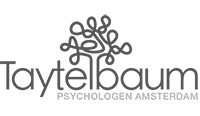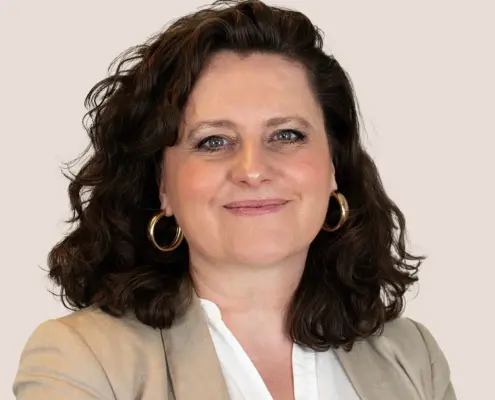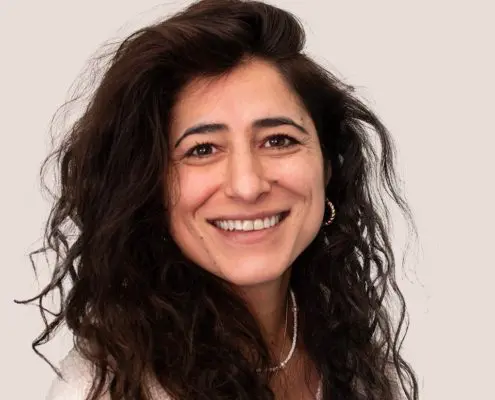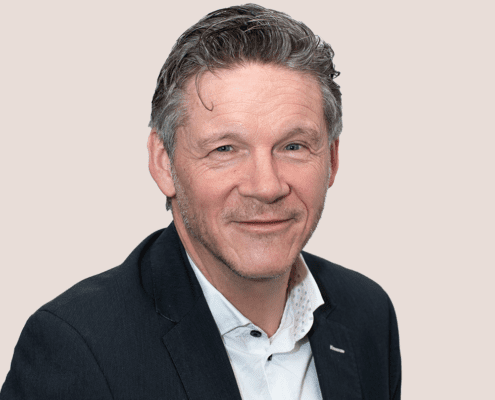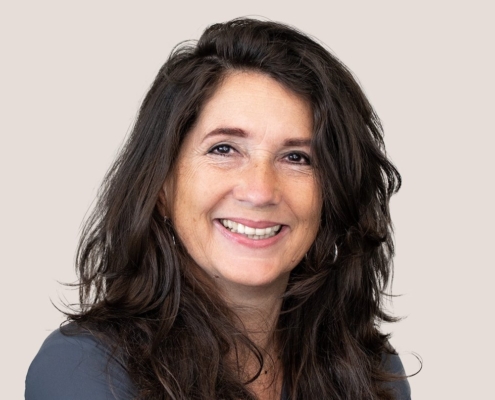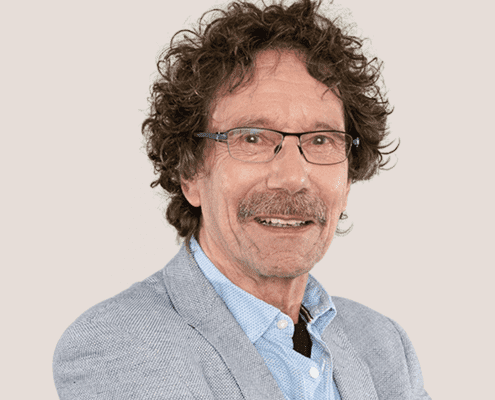The abbreviation EMDR stands for Eye Movement Desensitization and Reprocessing and is an effectively proven treatment method, which is often used if you suffer from a traumatic event. It may be the only intervention or it may be part of a therapy in which various interventions are applied.
A lot of scientific research has been done into the effectiveness of EMDR therapy. The results of more than 20 controlled studies show that the efficacy of EMDR is sufficiently established. Clients respond well to EMDR and the therapy is experienced as relatively little emotionally stressful.
How does EMDR therapy work?
You are asked to think back of the event, completely with the accompanying images, thoughts and feelings. This is done first to get more information about the traumatic experience. You will then be asked to recall the event. But now this is done in combination with a distracting movement. That will often be the hand of the therapist. Or clicks through headphones. The therapist will ask you to focus on this and then moves the hand about 30 centimeters away from your face. Or he/she lets the clicks between both ears take turns, left and right, this way the eye movement is made from left to right.
A series of approximately 25 eye movements is made in this way. Or a series of 25 clicks through the device. Rest is taken after every series of eye movements. The therapist will then ask you what comes into your mind. The EMDR procedure often triggers a stream of thoughts and images, but also feelings and bodily sensations. After each series of eye movements you will be asked to concentrate on the most striking change, after which a new series of eye movements follows.
After an EMDR therapy, the stream of thoughts or images can continue to work for a while. Which is good. It is reassuring to know that this usually takes no longer than three days. Afterwards a new balance has emerged.
To include other psychological symptoms such as a low self-esteem, phobia, anxiety or panic disorder, (including performance anxiety), the application areas of EMDR have been expanded in recent years. It is important that the symptoms arise as a direct result of one or more concrete, awful events and that thinking of this event still evokes an emotional response.
What is EMDR’s working mechanism?
For a long time it was unclear how the mechanism of EMDR should be explained. There are various theories for the explanation, of which the working memory theory is one of the most important. A traumatic memory is stored in your long-term memory, along with the emotional charge. For example when you think of the major event, you immediately feel anxious and nauseous again. When you are asked to think back to that specific event during the EMDR, you bring the memory back into your short-term (or working) memory. However, the capacity of this working memory is only limited. Because you receive a distracting stimulus at the same time (following the therapist’s fingers or listening to taps through headphones), you use the working memory, which means there is less capacity for the memory. This makes the memory less lively than it was before. The new, faded memory is stored in your long-term memory and the next time you think about it, it will also be less emotional, which will make it less bothering you.
What are the expected effects of EMDR therapy?
The EMDR therapy ensures that the memory loses its power and emotional charge. You are less bothered by it and it becomes easier and easier to remember the original event. In many cases, the memories themselves also change and for example become blurred or smaller. The experiences and nightmares are decreasing, you sleep better and you feel calmer.
Contact Psychologen Amsterdam
Do you need help or do you just have a question about EMDR therapy? Then call for an appointment or send a message to Psychologen Amsterdam.
 https://www.amsterdam-psycholoog.nl/wp-content/uploads/2020/04/Voornaam-Achternaam.jpg
1000
1000
admin
https://www.amsterdam-psycholoog.nl/wp-content/uploads/2019/11/Psychologen-amsterdam-logo.png
admin2024-09-17 11:45:172024-09-17 15:11:13Lex Ehrhardt
https://www.amsterdam-psycholoog.nl/wp-content/uploads/2020/04/Voornaam-Achternaam.jpg
1000
1000
admin
https://www.amsterdam-psycholoog.nl/wp-content/uploads/2019/11/Psychologen-amsterdam-logo.png
admin2024-09-17 11:45:172024-09-17 15:11:13Lex Ehrhardt